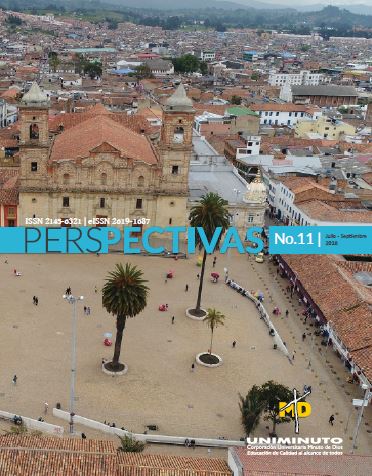Dilemmas in applying morally significant principles to the construction of a fair society from the perspective of liberalism
Main Article Content
Abstract
When addressing economy, the needs and full access of every agent to the markets arise as essential variables. The blending of these two factors in the search for the most efficient solution to scarcity needs to take into account moral aspects, such as the agents’ freedom and the guarantees provided so that everyone
can reach a good life. The moral dimension of this issue is particularly interesting because it demands the presence of another agent: the State. In its role as the systems’s regulatory body, it is able to correct that distortion through a criterion of justice aimed at making laws to provide guarantees to all of the agents. This paper is a reflection on the possibility to build an acceptable social justice criterion from the perspective of John Rawls and Thomas Scanlon, two authorities on this topic, taking into consideration Juan Francisco Lisón’s and Faviola Rivera Castro’s criticism to their proposal.
References
Rawls, J. (1999). Collected Papers. En S. Freeman (ed.). Londres: Harvard University Press.
Rawls, J. (1971). A Theory Of Justice. Cambridge, London: The Belknap Press Of Harvard University Press.
Rivera, F. (2007). ¿Ética sin metafísica? El contractualismo moral de Thomas Scanlon. Diánoia, 52(59), 43-65.
Scanlon, T. (1993). “The Moral Basis of Interpersonal Comparisons”. En J. Elster & J. E. Roemer (ed.), Interpersonal Comparisions of Well – Being. Cambridge:
Cambridge University Press / Maison des Sciencies de l´Homme

